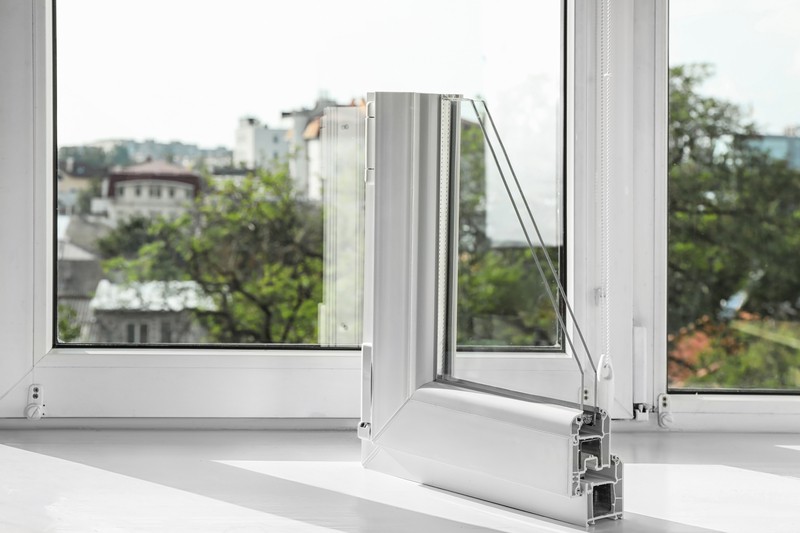
Aluminum extrusion is when manufacturers heat aluminum pellets to high temperatures and force them through a die to create a desired profile or shape. Manufacturers use this process to develop extrusions of varying sizes and shapes, including intricate and complex designs. Manufacturers can make different series types; before that, let's begin by defining what they are.
A series in aluminum extrusions is a set of standard profiles or shapes available for purchase. Typically, manufacturers create the shapes using a specific die in an extrusion process. This includes angles, channels, ad square tubing.
The profiles or shapes are available depending on manufacturers and the products they specialize in. some manufacturers focus on designing various standard shapes. In contrast, others prefer creating custom shapes for specific applications or industries.
There are three types of series that manufacturers can design. They include:
Standard series in aluminum extrusion refers to creating standard profiles or shapes commonly used in manufacturing, construction, and other industries. The profiles are widely available and are typically made using a specific die. Examples of standard series aluminum profiles include:
Often, people use standard tubings in manufacturing and construction. They use them to create supports and frames for various equipment and structures. They are readily available and more accessible to manufacture than industry-specific or custom series.
Additionally, they have consistent dimensions and are cost-effective & high precision. This makes them perfect for various applications.

Custom series aluminum extrusions are sets of shapes with custom designs. Manufacturers design and make these profiles to meet a particular customer’s needs. The shapes may be more or less complex and require specialized equipment or additional manufacturing equipment to produce.
They can include various sizes and shapes, including intricate and complex designs. Examples include:
Custom series are more complex and are perfect for specific industries and applications. They are rare in the market, but you can purchase them from specialized distributors or manufacturers.
Industry-specific series refer to aluminum extrusion profiles designed for specific industries. Manufacturers create the profiles from specialized dies and unique manufacturing processes to meet the industry’s requirements. Industry-specific series aluminum extrusions include:
Profiles designed for these industries make solid and lightweight components like supports, frames, and structural components. Manufacturers create the extrusions to meet industry-specific requirements like corrosion resistance and high tensile strength.
Industry-specific aluminum extrusions designed for the medical industry should meet all requirements mentioned above, plus biocompatibility.
Industry-specific aluminum extrusions designed for this industry create structural components, frames, and heat sinks. They are designed to meet the industry’s specific requirements, including corrosion resistance, high tensile strength, and RFI/EMI shielding.
Like custom series aluminum extrusions, industry-specific series are not widely available, and you can typically purchase them from manufacturers specializing in that field of the industry. They are more complex to produce but meet the industry’s specific needs.
Aluminum extrusions have lots of advantages. For instance, they allow manufacturers to create complex profiles that would be impossible or difficult to produce through other methods.
Additionally, they allow manufacturers to create consistent and high-precision shapes fitting many engineering and industrial applications. Creating the extrusions is also cost-effective and environmentally friendly.
Shishan Production Base
Nonferrous Metal Industrial Park, Xiaotang, Shishan Town, Nanhai District, Foshan City, Guangdong Province
Gaobian production base
Gaobian Zhangbian Industrial Zone, Dali Guangyun Road, Nanhai District, Foshan City, Guangdong Province
Company summary: + 86-757-85558828
Fax: + 86-757-85550238